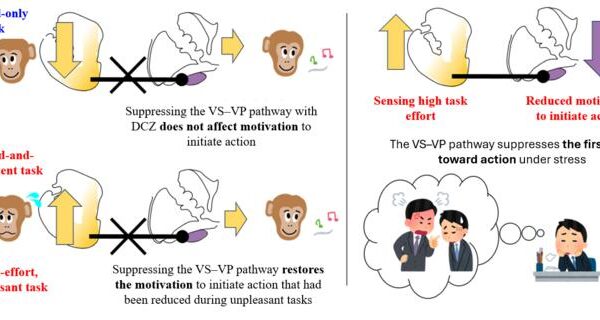Brain tumors, while infrequent, present a significant health challenge, but many cases are treatable if diagnosed early. According to the National Cancer Institute’s Surveillance Epidemiology and End Results program, as of January 1, 2022, there were approximately 187,162 people in the United States living with brain and other nervous system tumors. This statistic underscores the importance of awareness and early intervention.
Understanding Brain Tumors
Brain tumors arise from abnormal cell growth in the brain or surrounding tissues. They can be classified into two categories: benign and malignant. Benign tumors, while not cancerous, can still cause significant health issues due to their location and size. Malignant tumors, on the other hand, are cancerous and can spread to other parts of the body.
The symptoms of brain tumors vary widely, depending on the tumor’s size and location. Common signs include headaches, seizures, and changes in vision or speech. Identifying these symptoms early can be critical for effective treatment. Individuals experiencing persistent or unusual symptoms are encouraged to seek medical advice promptly.
The Importance of Early Detection
Early detection significantly enhances treatment options and outcomes for patients diagnosed with brain tumors. Advances in medical imaging, such as MRI and CT scans, have improved the ability to identify tumors at earlier stages. According to health professionals, when tumors are detected early, treatment options may include surgery, radiation therapy, and chemotherapy, tailored to the specific type of tumor.
Healthcare organizations stress the need for public awareness campaigns to educate individuals about the symptoms and risks associated with brain tumors. Increased awareness can lead to earlier diagnosis, ultimately improving survival rates. In a landscape where every moment counts, timely intervention can make a profound difference in patient outcomes.
Furthermore, ongoing research into the causes and treatments of brain tumors continues to evolve. Experts are exploring genetic factors and environmental influences that may contribute to tumor development. This research aims to refine treatment protocols and improve the prognosis for affected individuals.
In conclusion, while brain tumors remain a rare occurrence, the data from the National Cancer Institute highlights the need for awareness and early detection. As the medical community advances in understanding these complex conditions, individuals are encouraged to stay informed and proactive regarding their health. Early intervention is not just a key component of treatment; it is often the best chance for a positive outcome.






































































